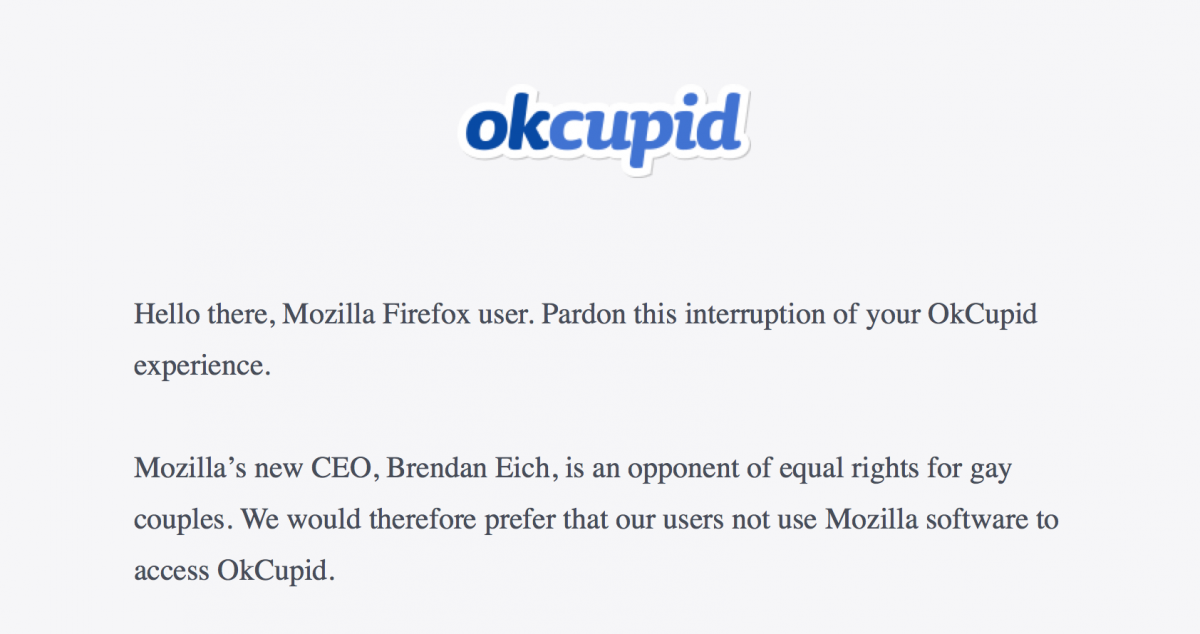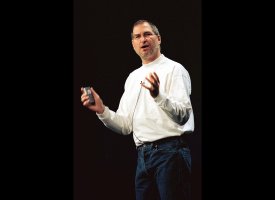Tim Cook invoking Steve's favourite postscript during the Apple Watch unveiling.
(In good hands? Let's get to that later.)
In a recent essay written for Businessweek, Tim Cook, CEO to the most valuable company in the world, gave a very moving read about his orientation.
"While I have never denied my sexuality, I haven’t publicly acknowledged it either, until now. So let me be clear: I’m proud to be gay, and I consider being gay among the greatest gifts God has given me."
To those paying close attention, the classic reaction of a great many is the rather slightly punitive "I knew it!" remark. Fine, that's not entirely a wrong rejoinder. I will argue, however, the response (among other variations/mutations of it) suggests we need to change more how we see things today.
Most of us heterosexuals have long accepted that the world's inhabitants include people vastly more colourful. Unlike them, I think we're terrible at identifying, for instance, a useful fuchsia between red and purple. (If this offends straight people, well, you may shove it.) (But yes, please forgive my not having a queer eye.) (For obvious reasons.) Anyhow, it already occurred to many of us over time to no longer be fazed in the face of mysterious acts manifesting in bizarre ways. Despite how the world has moved on though, old habits don't fade so easily. So much so that until today, truly, we remain utterly silly in how we view--and judge--the LGBT society.
This I believe is why Tim had to take his time. He was waiting for this planet to be ready. And I think we are now somewhat. Regardless of the reasons--and it shouldn't matter--this clearly caught my attention (if not yours too):
I don’t consider myself an activist, but I realize how much I’ve benefited from the sacrifice of others. So if hearing that the CEO of Apple is gay can help someone struggling to come to terms with who he or she is, or bring comfort to anyone who feels alone, or inspire people to insist on their equality, then it’s worth the trade-off with my own privacy.
I have criticized Mr. Cook for something else altogether and it's clear from a previous post. Leading a technology company requires geekiness and thought leadership more than an MBA degree and supply chain genius. After Steve's early death (which really hit me like a silver bullet), I felt so strongly about Apple taking on a leader (and not a manager) that will assure its momentum. Tim, I felt, wasn't that person. So today, that's changing.
Leadership after all may validate itself in various forms but the outcome is the same: inspiration. If someone can bring out the absolute best in people, the job is done. Tim's coming out is raw courage that will inspire not only Apple employees, but its partners, its competition, and everyone else. Oh yeah, we need more leaders like Starbucks CEO Schultz!
Inspiration will reach customers. Hell, I'm inspired! If this isn't leadership, then what on earth is? One thing I will never get tired of are leaders who'll go to the greatest length available to be very clear on where they stand.
Thank you for being gay, Tim. I was wrong before: Apple is indeed in good hands with you. As Steve would put it, "the world is a better place."
:)















